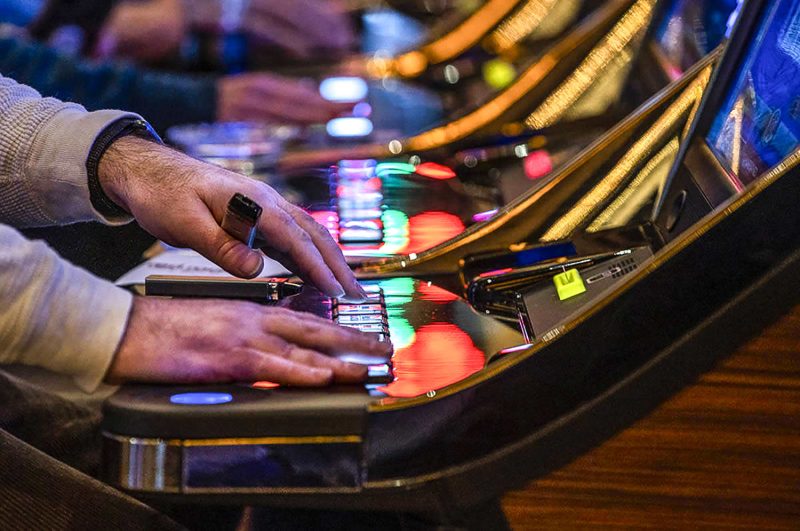Shareholders Push Casinos to Reassess Indoor Smoking
Indoor smoking has long been a contentious issue in public spaces, particularly in casinos where it has been a part of the environment for decades. However, recent developments show that shareholders are increasingly pushing casinos to reassess their stance on indoor smoking in light of health concerns and changing public attitudes.
The gaming industry has historically been one of the last strongholds for indoor smoking, with many casinos allowing patrons to smoke freely while playing games and enjoying other amenities. This practice has been defended on the basis of preserving a retro atmosphere and catering to the preferences of a certain demographic of customers. However, as awareness about the dangers of secondhand smoke has increased, and as societal norms around smoking have shifted, shareholders are beginning to question the wisdom of maintaining indoor smoking areas.
One of the key arguments put forth by shareholders in favor of reassessing indoor smoking policies is the health and safety of patrons and employees. Secondhand smoke is a known carcinogen and has been linked to various health issues, including heart disease, respiratory problems, and cancer. By allowing smoking indoors, casinos put both their customers and staff at risk of exposure to these harmful substances. Shareholders argue that it is in the best interest of the casino industry to create a healthier environment for all individuals who visit or work in these establishments.
Furthermore, the push to reassess indoor smoking policies is also driven by changing public attitudes towards smoking. Smoking rates have been on the decline in many parts of the world, and there is a growing trend towards smoke-free spaces in public areas. Casinos that continue to allow indoor smoking risk alienating a significant portion of the population who prefer smoke-free environments. Shareholders recognize the importance of catering to the preferences of a diverse customer base and see the implementation of smoke-free policies as a strategic move to attract new customers and retain existing ones.
In response to these shareholder initiatives, some casinos have already taken steps to restrict or eliminate indoor smoking. For example, MGM Resorts International announced in 2016 that it would ban smoking in all of its properties in Atlantic City. Other casinos have designated specific areas for smoking or have implemented advanced air filtration systems to minimize the impact of secondhand smoke.
While the shift towards smoke-free environments in casinos may face resistance from some traditionalists, the momentum is undeniably building in favor of reassessing indoor smoking policies. Shareholders, motivated by concerns for health and changing societal norms, are pushing casinos to adapt to the times and create safer and more welcoming spaces for all visitors. As the conversation around indoor smoking continues to evolve, it is likely that more casinos will revisit their smoking policies to align with the expectations of a more health-conscious and socially aware public.



























